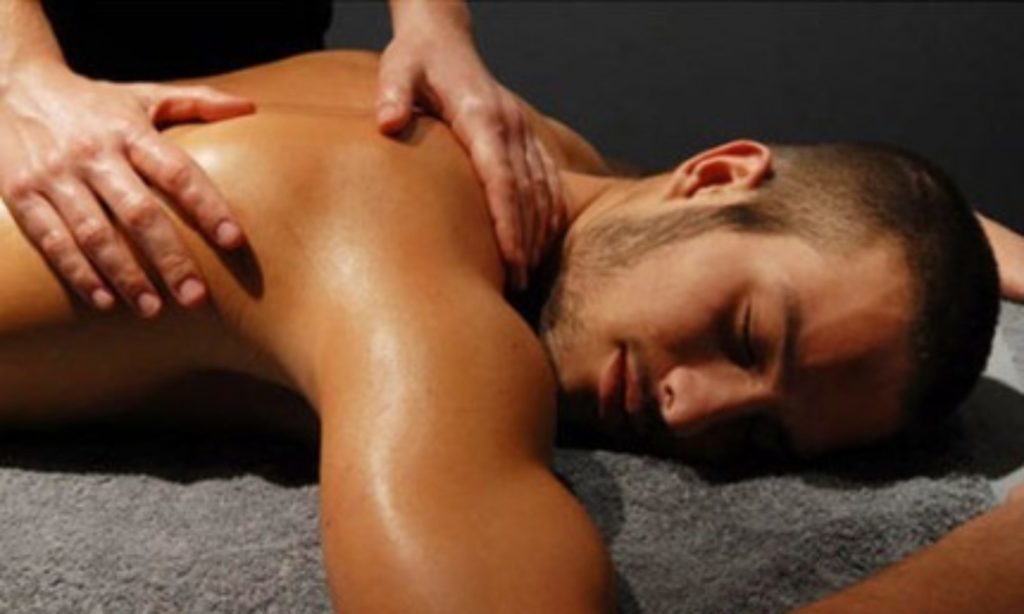
All you need to know about massage. Some facts you may not know.
All you need to know about massage as Massage therapy means different things to different people. A therapeutic approach to help improve an individual’s wellbeing and health. Using the hands to manipulate the soft tissues and muscles of the body. A state of relaxation and calmness and a feeling of renewed energy and refreshed mind. Below are some facts that you may not know about.
Three levels in which massage benefits the body
Massage benefits an individual on three levels – (1) Physical, (2) Mental, (3) Emotional. These are known facts.
Physical – Stretch, loosen, and relax muscle tissue. Improve blood circulation. The physical movement of lymph fluid around the body. Helps with the flow of nutrients and oxygen to the body tissues and cells. Assists with endorphins (the body’s natural pain killer). Bringing relief and promoting natural healing.
Mental – Enables the mind to become much more relaxed, and it gives the mind time to de-clutter and think clearly.
Emotional – Helps with a nurturing touch and caring feeling and reduction in anxiety levels. It helps us get in touch with our emotional side.
People of all ages can and do benefit from regular massage sessions. Many of us will now ensure that these sessions are planned into our busy lifestyle as we understands the benefits the body gets from it.
The therapist will use a variety of techniques with their fingers, thumbs, elbows, hands, or forearms to release tension that has built up in the muscles referred to as ‘knots’. Many people ask why they get knots in the body. These can prevent the muscles from functioning correctly, become shortened, weak, and causing possible damage. Massage may help break up the knot that has formed and help the blood flow back into that area. Regular massage can help prevent a build-up of acid and knots forming, maintaining healthy muscles.
Many people ask does a massage hurt.
Many people ask does a massage hurt and the simple answer is a massage should not cause you pain. You may feel a little discomfort with a sports massages as it applies pressure to certain muscles to relieve tension that has built up. The therapist will explain what technique he is using and will advise you to breath normally to minimise any pain. If the pressure is too much let your therapist know.
it is a well known facts after a massage to help rehydrate the body and flush any toxins that have been moved you should drink plenty of water. A bottle of cold water is provided after the treatment for you to take on your journey home. Please note this is a good thing if you want to go to the toilet more often after a massage.
Keep the body hydrated and drink plenty of water throughout the rest of the day- avoid caffeine and alcohol.
This is part of the body’s natural healing process and can take up to 72 hours.
One thing your asked as a masseur is how to get the most from your massage.
Well, the answer is let your mind be as open to the process as you can. Lay back, clear your mind of all thoughts. One way to do this is to focus on how the touch or technique that the masseur is using feels.
Remember to breathe steadily, as this helps you to focus the mind and relax. Use controlled steady deep breaths throughout the massage this will centralise your thoughts.
Refrain from tightening your muscles it won’t help the relaxation process. If you are unable to let your muscles relax, let your masseur knew as they may want to change the pressure and technique they are using.
Massage aids
Massage relaxes your body. Stimulates the nervous system and through touch can encourage the brain to instruct the endocrine system to release chemical messengers or hormones into the bloodstream, to regulate and balance the bodily functions. The hormone released from the thyroid gland regulates the metabolic rate. Corticosteroids maintain homeostasis. Insulin and glucagon maintain the balance of sugar levels in the blood. The body often release other chemicals to counteract stress.
Effects of massage
Massage on its own can combat stress by slowly working tension out of all the muscles. Encouraging the endocrine system to balance your body by producing the correct amount of hormones.
Massage is perhaps one of the oldest of all healing therapies, having been used in ancient times across all cultures and continents. In ancient Rome, massage was used by the well to do who would pamper themselves with aromatic rubs and baths.
Today, with the busy and stressful lifestyles most of use lead, massage can relax, improve, and help us to unwind. It has many benefits to the skin, circulatory system, and muscles.
Muscle tone maintenance
Massaging helps the body to maintain strength, reduce daily stress aid muscle tone, aid elasticity of our muscle fibres and ease tension.
Massage helps break down lactic acid deposits that builds up and helps the muscle fibres elasticity.
Massage is a way that can maintain and improve muscle tone. Muscles that have no tone may benefit from stimulating massage techniques like cupping and hacking.
For more about facts on massage follow some of the amazing masseurs we follow on our Twitter
